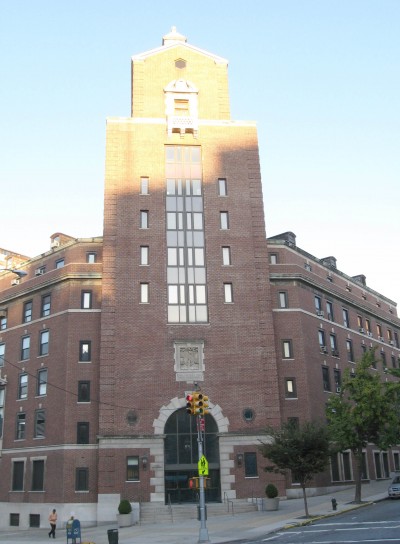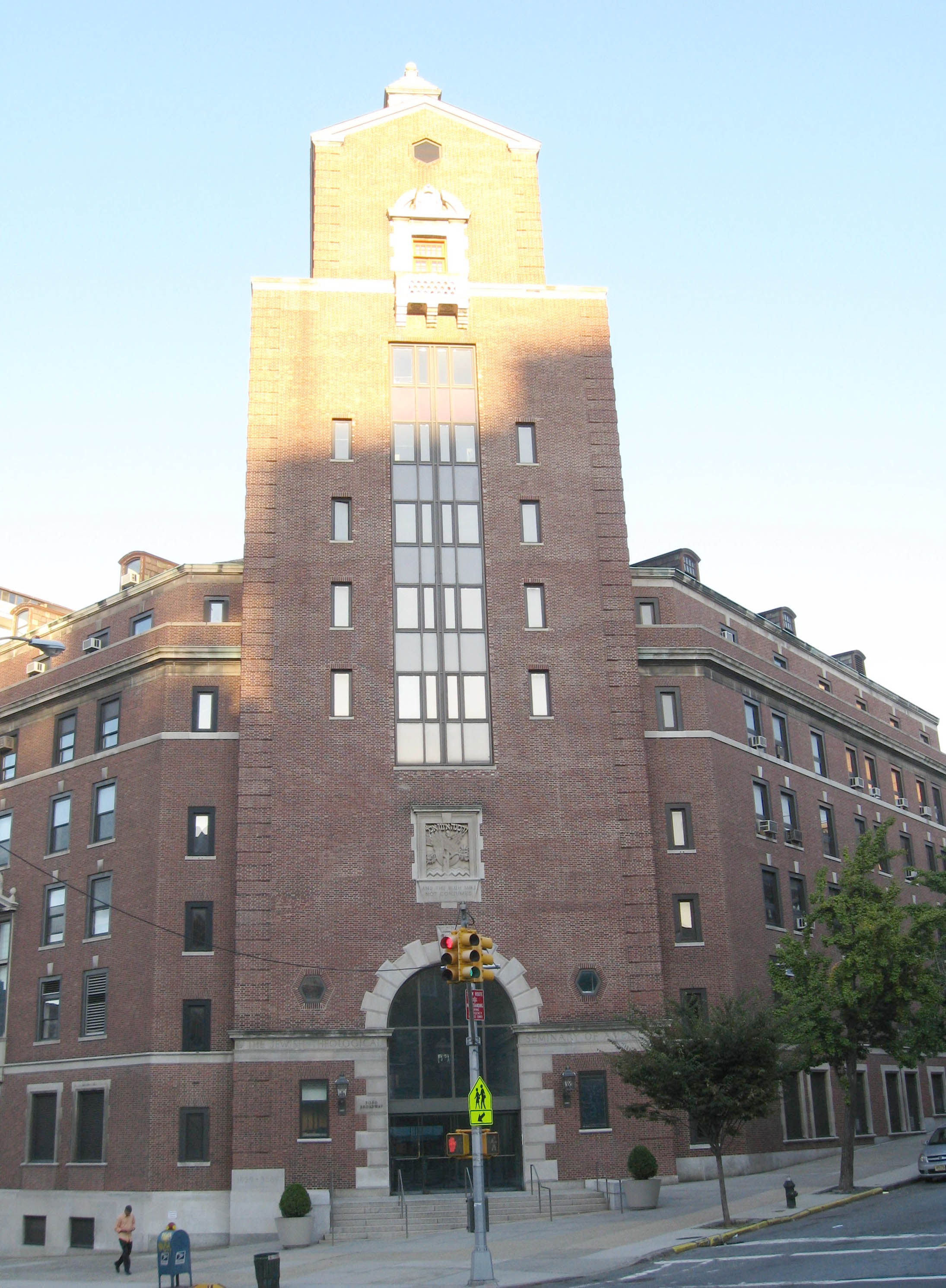
Two years ago, I wrote my first blog post for New Voices. I invited young Conservative Jews, unhappy with the current situation within their movement, to enter into conversation with me and the many other young Jews I know who grew up Modern Orthodox. We, too, were discontented with what we perceived as our movement’s shortcomings.
That post marked the beginning of a process that occupied much of my writing during the first half of my college career. I threw labels on and off — I saw the value in them, and then denounced them as too prohibitive — as I sought to find a community that combined what I wanted. I wanted everything: a commitment to tradition, a commitment to progress, a commitment to halacha, and also a desire to innovate, to create new traditions and rituals while preserving the old.
Each time, I fell short.
Each time, I thought I’d found a community which had finally met all of my criteria, and each time, I was surprised and disappointed when it did not match my laundry list of criteria for a perfect Jewish community.
I don’t want this to turn into a sappy blog post where I realize that it’s all okay, and that the community I’ve found myself in is a perfect one for me. At the end of the day, I have a vision for a Jewish future that I’m still searching for. I’m still looking for a derekh to replace the one I left when I left the Orthodox community. I’m still hopeful for a future where I find a Jewish community which meets my list of criteria, which fits my specific niche.
Although I’ve found pockets where that might exist, and although I’ve found a Jewish community on campus where I do feel comfortable, part of me is always searching for more, for the next and newest thing to add to my practice. Each time I do, I look back, often nostalgically, to my upbringing, to a time and a community where being on a derekh was so easy.
Further complicating this was the realization that I exist — and can be comfortable in — multiple communities, all over the spectrum of religious observance. I can be comfortable in my Conservative community on campus, the queer Jewish shabbatonim that I staff, and my parents’ Orthodox community — none of which are my ideals, but all of which I can be comfortable in, and in which I can find community.
This, ultimately, is what confuses the concept of the derekh for me. It’s not the fact that there is one derekh on which I find myself, but the fact that I am on multiple roads, all at the same time. On each of those, there are spaces where I find myself in varying levels of visibility. I often find myself invisible or sacrificing my observance in spaces that are less observant, and find myself invisible as a queer person in Orthodox spaces.
Through the first half of my college career, I realized that the being off the derekh is not just about getting a free pass out of Orthodoxy (as I discussed after Rosh Hashanah), but I’ve also realized that being off the derekh means that I can never be complacent in my Jewish community. I will always be expecting more from all of the Jewish communities with which I affiliate. Being off the derekh is why I continue to write and think about the ways in which Orthodoxy needs to make its spaces more queer-affirming, or the ways in which Modern Orthodoxy’s insecurities feed into the growing divide between Orthodoxy and its Modern counterpart. It’s the reason that I think critically about the ways in which the Rabbinical Assembly provides a problematic model for creating new and innovative Jewish ritual.
Being off the derekh, for me, means not only accepting that I’m off the original path I was once on, but also accepting the fact that I will never be fully comfortable in any singular space, nor will I ever be a part of just one community. If anything, entering college has made my Jewish identity messier, not clearer. Being off the derekh, and coming to terms with this part of my Jewish identity, has meant accepting the fact that my Judaism is made up not of one community, but a patchwork of communities which I have found a way to call my Jewish home.
Amram Altzman is a student at List College.

